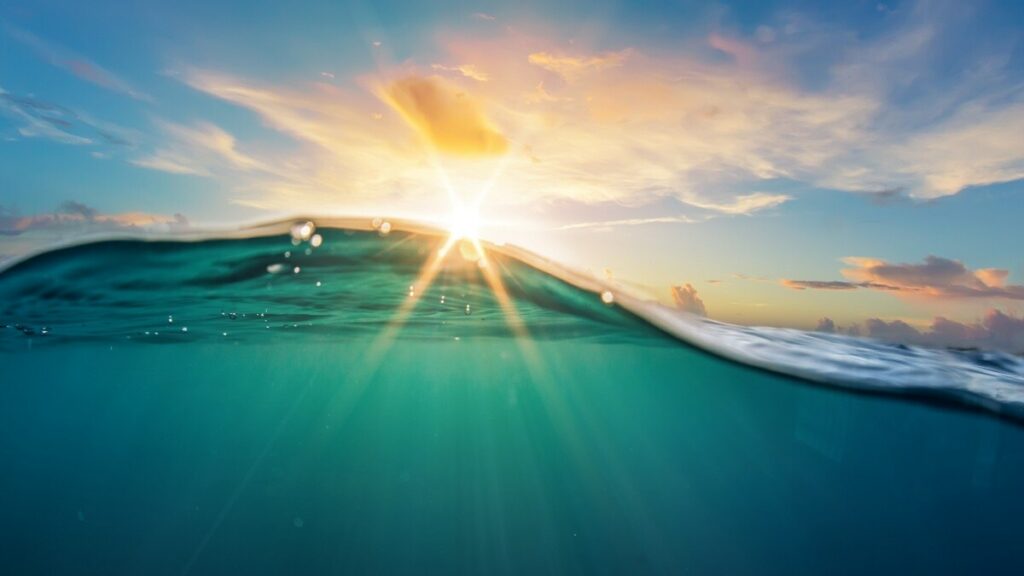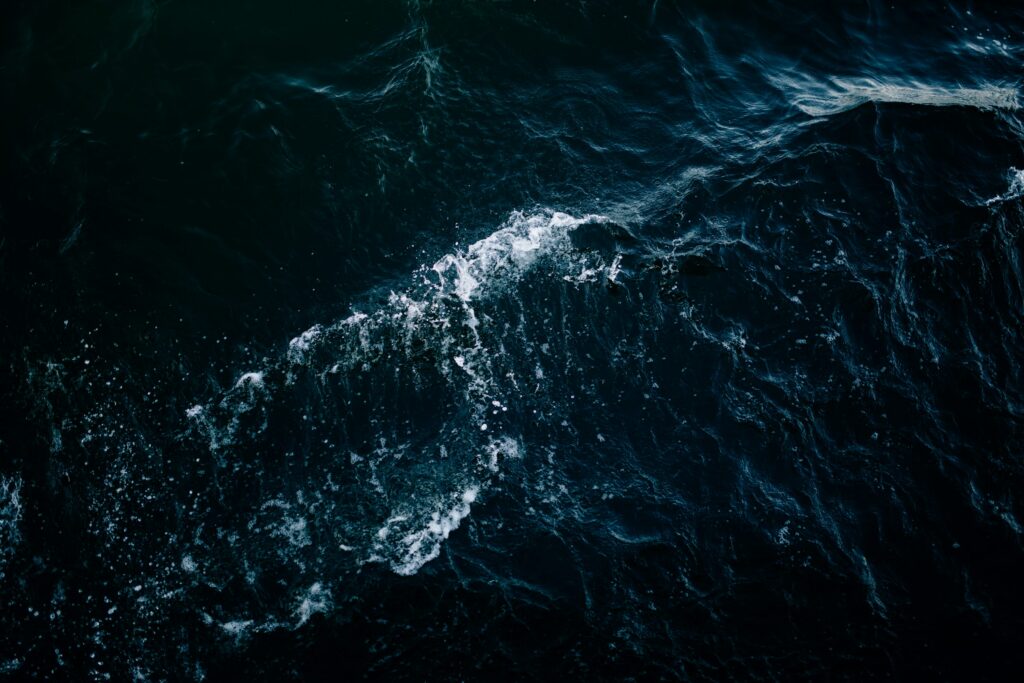While we’re on the topic of apocalyptic forecasts, one of our viewers recently commented sardonically that “I’m waiting for someone to mention that salt water fish can not live in fresh water. The rivers are dumping that poison into our oceans!” And sure enough, we then heard that “Freshwater outflow from Beaufort Sea could alter global climate patterns”. And not of course in a good way: “A rapid release of this freshwater into the Atlantic Ocean could wreak havoc on the delicate climate balance that dictates global climate.” It’s a wonder the world survived this long if the climate system were really so delicately balanced that a change in the outflow from the Beaufort Sea could “wreak havoc” on the whole planet. Fortunately we live in our surprisingly robust real world, not in the authors’ computer.
As with so many such studies it’s all just computer models guessing at stuff, which gives, in Orwell’s memorable phrase, “an appearance of solidity to pure wind.” Just for starters, we’re living on a planet that has spent 2.5 million years caroming abruptly from prolonged glaciations into brief interglacials on a cycle that itself abruptly changed periodicity a million years ago.
Before that, things were quite stable except for one thing. They weren’t. Instead you had spikes, plunges, a snowball Earth, a hothouse, basically a whole lot of climate change. (It must be emphasized here that not only are paleoclimate reconstructions speculative, they also involve resolution over comparatively long periods of time; what might have happened in individual centuries 83 million years ago we really have no idea.) Which means if the Earth’s climate had ever been in a delicate balance, it would have been smashed to smithereens dozens of times already.
Then there’s that blaring about “wreak havoc” after the weasel word “could”. Indeed it quickly turns out in the article that the study upsets the “settled science” because “The experiment unexpectedly showed that most of the freshwater reaches the North Atlantic (the Labrador Sea) through a narrow set of passages between Canada and Greenland, called the Canadian Archipelago. The traditional view had mostly considered liquid freshwater transport in the form of sea ice via the Fram Strait (a passage between Greenland and Svalbard).” So we literally didn’t even know how it was getting out of the Beaufort Sea let alone what consequences it was having.
The Beaufort Sea, incidentally, is quite weird in that it’s part of the Arctic Ocean without being nearly as salty as that ocean and others normally are. And in being “frozen over through the year” despite the Arctic supposedly melting faster than a politician’s promise to cut emissions. Which helps explain how it traps so much fresh water from the Mackenzie and other smaller rivers. Also it has a lot of beluga whales which are unusual in being sea creatures that can tolerate fresh water.
Incidentally NBC just claimed that “Nearly a third of all freshwater fish species are threatened by extinction, according to a new report released by 16 conservation groups on Tuesday. ‘The World’s Forgotten Fishes’ says that 80 freshwater species — which make up more than half of all the world’s species — have already been declared extinct, with 16 disappearing in 2020 alone…. Conservation groups behind the report, including World Wide Fund for Nature (WWF) and Global Wildlife Conservation, point to a combination of pressures on global freshwater fish populations, including habitat degradation, damming and draining of rivers and wetlands, pollution, introduction of invasive species, wildlife crime and the ever-increasing threat of climate change.” So if we get more fresh water… But we digress. (BTW 17 of those species were from one lake in the Philippines, and most hadn’t been seen in 50 years. So they didn’t disappear in 2020 alone, but why let facts get in the way of a good panic?)
The point is that according to lead author Jiaxu Zhang of the University of Wisconsin – Madison, “People have already spent a lot of time studying why the Beaufort Sea freshwater has gotten so high in the past few decades. But they rarely care where the freshwater goes, and we think that’s a much more important problem.” So in fact scientists didn’t even think they knew what was going on let alone why. And thus the thundering conclusion is “If this very large volume of freshwater is released into the North Atlantic, the impacts could be correspondingly very large as well. The exact impact is still unknown.”
Which is hardly surprising since the settled science doesn’t actually understand ocean currents at all. As Kenneth Richard just pointed out, the models have been predicting a decline of the Atlantic Meridional Overturning Circulation (AMOC) for years. But a new study says that instead of lying down on cue, AMOC has been running amok (though another paper disagrees; the science it seems is not settled). And it seems the North Atlantic has been cooling fast (we finally found somewhere not warming faster than average) which was meant to be due to the declining AMOC that didn’t decline.
If however the freshwater discharge from the Beaufort Sea that we didn’t know what it was doing does something else it will of course be disastrous, as all impacts of warming are a priori. We just don’t know what it will be or where it will happen or why or how or when. No film at 11.



"‘The World’s Forgotten Fishes’ says that 80 freshwater species — which make up more than half of all the world’s species — have already been declared extinct..." Kah??
A quick google search indicates that there are between 10,000 and 18,000 species of freshwater fish. Clearly, this is not expressed well. But what is really meant?
If freshwater entering the ocean is a problem, what happens at the mouths of our largest rivers? Thames, Nile, Amazon, Ganges, Indus, Irrawady, St.Lawrence, Colorado (ah...not that one), Orinoco, etc...
If the oceans salt water wasn't watered down by fresh then the salt water creatures would not survive. The earth is a living and breathing organism, it has ways of riding its self of problems and that includes us.